Children’s Nutrition for Performance
Children’s nutrition for performance comes down to the food choices and habits you make as a parent. This means that you can have a huge impact on how your children function and perform at school. This is a run-down of five basics you should consider…
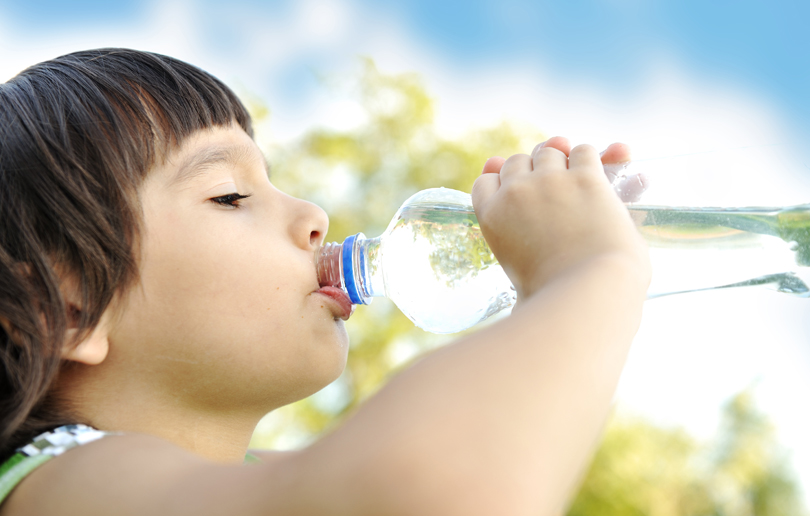
Water is essential for maintaining a hydrated brain for peak performance.
Water
- When people see water, they tend to drink more. Drinking water regularly keeps children’s minds sharp and clear.
- Even mild dehydration affects your child’s brain function. The brain is 75% made up of water – and their cognitive ability depends on proper hydration.
- Proper hydration cannot be achieved with sodas and other sugary drinks. Plenty of water is needed to keep the brain hydrated!
- When children drink water throughout the day and during exams, they demonstrate their best thinking and creativity.
- Encourage your child to keep a water bottle on his or her desk.
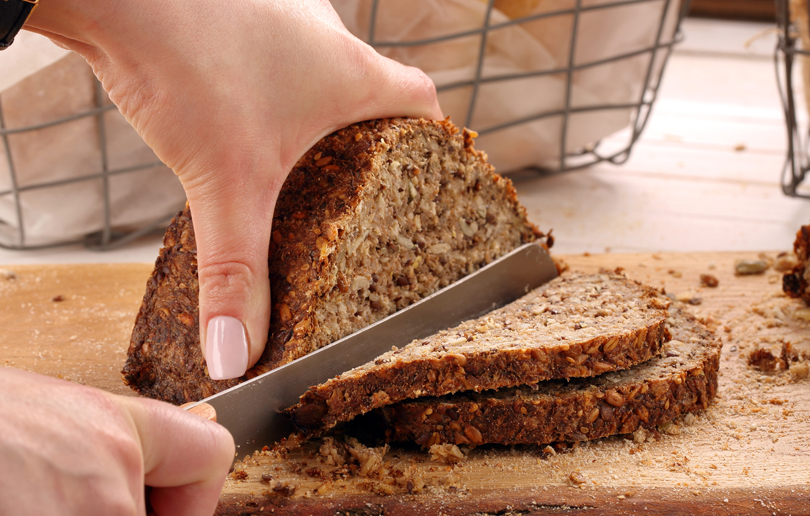
The vitamins in wholegrains help to boost circulation and memory.
Wholegrains
- Brown rice, whole wheat, barley, oats and other whole grains support brain function. They contain vitamins that increase blood circulation and your child’s memory.
- Choose breads and cereals that contain whole grains – they release glucose at a steady rate so that the pancreas doesn’t have to work overtime to provide excess insulin. This keeps the brain supplied with a steady flow of glucose and avoids the peaks and troughs of sugar rushes caused by refined foods. This improves alertness, concentration, and memory. B vitamins in whole grains support the nervous system.
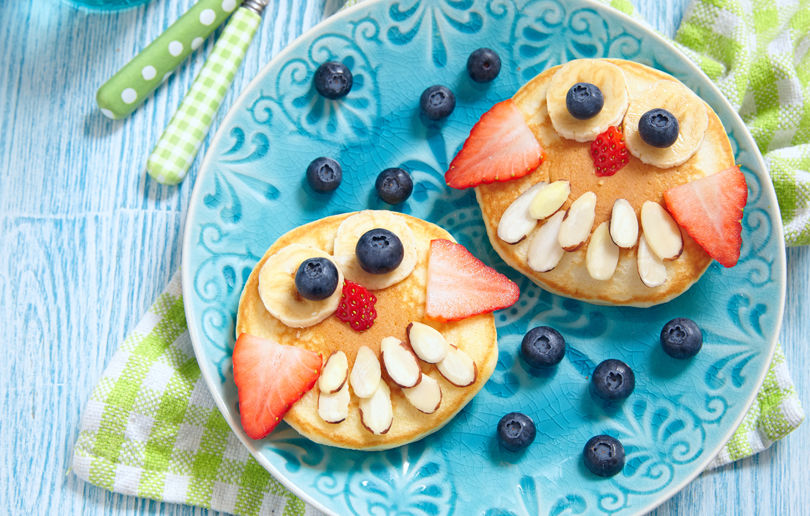
A regular intake of berries promotes strong cognitive function.
Berries
- Blueberries, blackberries and strawberries are high in antioxidants, which protect the brain from neurological damage.
- Berries improve communication between brain cells, protect the brain and promote strong cognitive function.
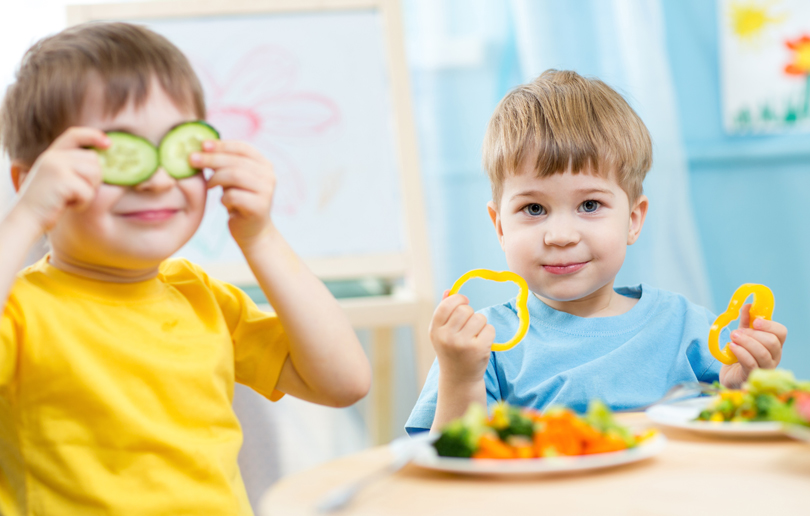
Vegetables are such important brain foods – start the veggie habit from weaning stage!
Vegetables
- Aim for your child to eat five to eight servings of vegetables every day.
- Vegetables are high in the antioxidant protective vitamins C, beta-carotene, and vitamin E. They protect brain cells from damage.
- Lean towards dark green leafy greens like spinach and other greens, carrots, kale, broccoli, and brightly colored vegetables like red cabbage, sweet potatoes, pumpkin and tomatoes.
- These vegetables are important brain foods. They are especially packed with fuel for healthy brain function.
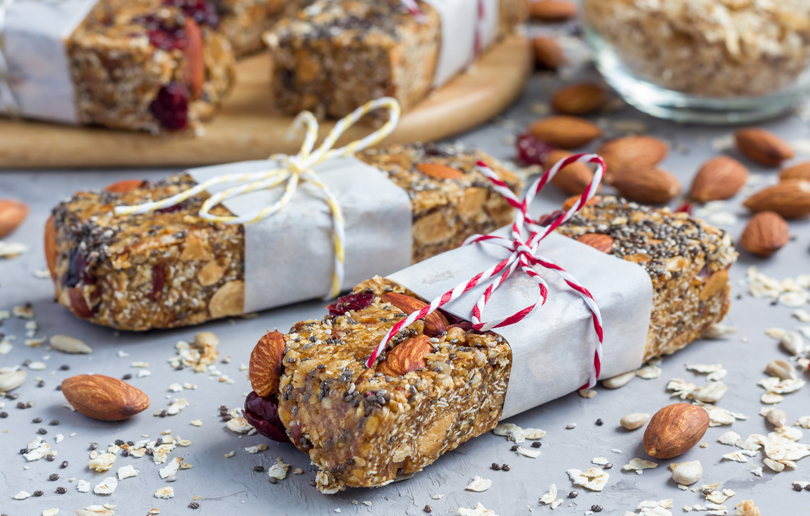
Nuts and seeds contain the essential fatty acids needed to regulate mood and brain performance.
Nuts & Seeds
A variety of nuts and seeds help to enhance brain function.
- Walnuts, cashews, almonds, pecans, peanuts, pine nuts, pistachio nuts, pumpkin seeds, sunflower seeds and flax seeds all contain essential fatty acids.
- Sunflower seeds also contain an important amino acid that helps to keep the brain alert.
- Nuts and seeds increase clarity and enhance mood creating an attitude that is ready to learn. Nuts and seeds travel well and make a great quick snack between classes.
The food you serve at home and in their school lunchbox is the most important opportunity to boost your children’s nutrition for performance, focus and behavior in school. The foods described above not only provide your child with the nutrients needed for optimal brain function, they will also help with development and general good health.
Further reading:
How Exercise and Kids’ and Development are Linked, Says Dubai Chiropractic Doctor











Comments